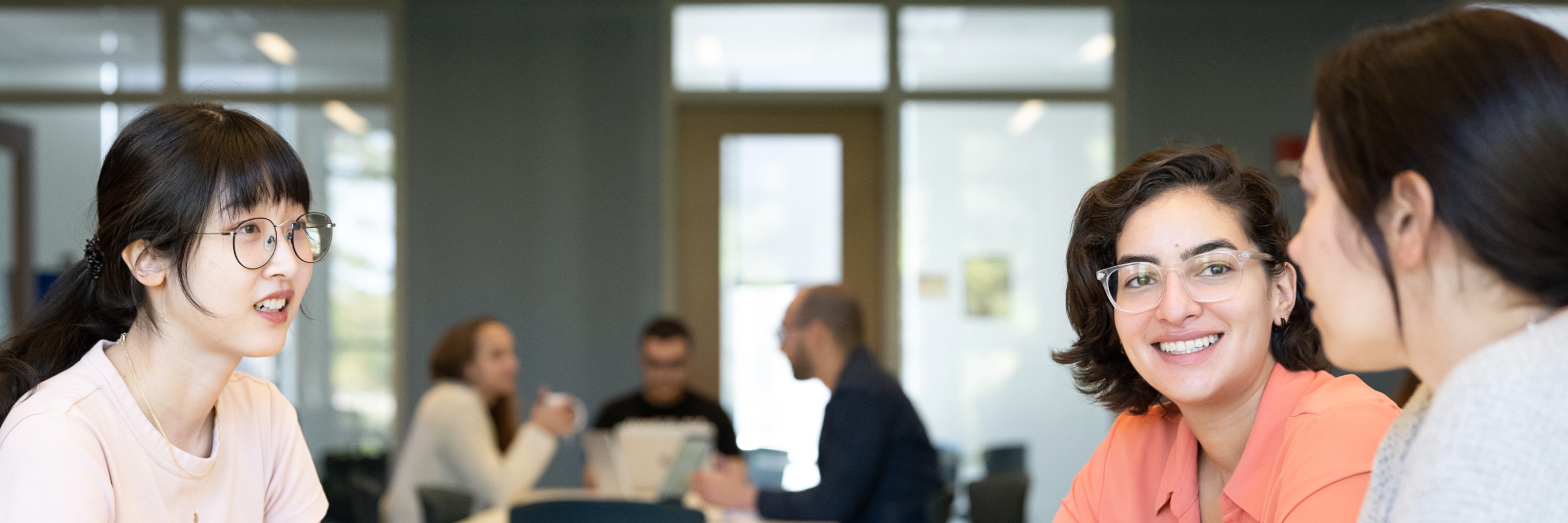Portuguese has been taught in our department since 1945, and the IU Portuguese program was established in the 1960s. This makes our program one of the oldest in the country. In addition, we are one of the very few to offer a Ph.D. in Portuguese. We also offer a Ph.D. minor for Ph.D. students in other fields.
Our Portuguese program is distinguished by its transatlantic, interdisciplinary focus, with courses on the literatures and cultures of Portuguese-speaking countries, including Brazil, Portugal, and the Portuguese-speaking African countries. Our literature and culture courses include cinema and other arts, genre-specific seminars on theater, poetry, and prose, as well as thematic courses focusing on gender, sexuality, and on Luso-African-Brazilian critical theorists. In addition, we offer graduate courses on translation and on the structure of the Portuguese language. We also encourage students to take classes outside the department, in areas of relevance to Luso-African-Brazilian culture, society, art, and history.
The Portuguese program combines rigorous training in scholarship with close mentorship, delivering a broad and solid preparation for an academic career as a researcher and professor of Portuguese and Lusophone literatures and cultures.

 The College of Arts
The College of Arts